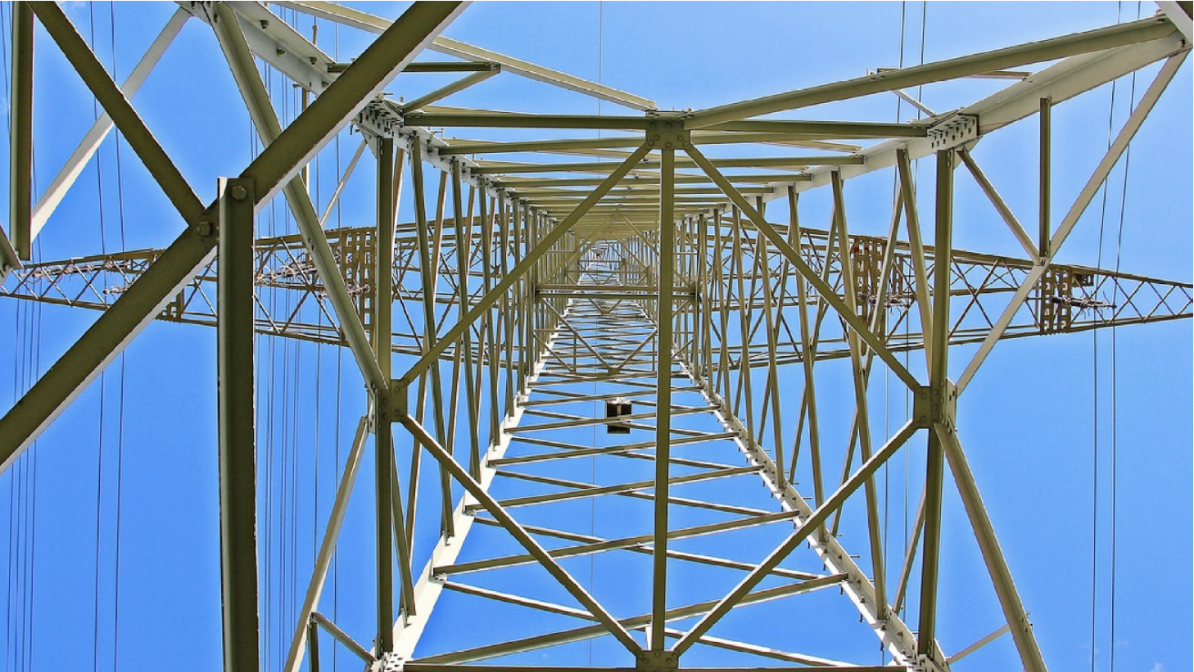In the case of photovoltaic power plants, above a threshold of 25°C, if the temperature rises by 1°C, energy production decreases by 0.66%.
The Latin American Energy Organization (OLADE), in collaboration with the Spanish Agency for International Development Cooperation (AECID) and Fundación Tecnalia, presents studies on the impact of climate change on regional energy infrastructure.
While the region contributes only 8% of global CO2e emissions, its energy sector is highly sensitive to the effects of climate change.
The Study highlights the importance of Increasing the resilience of the energy sector in Latin America and the Caribbean to climate change, through an analysis of the risks and vulnerability of infrastructure and the determination of the changes that must be implemented in the planning and operation of systems.
The vulnerability and risk of energy infrastructure to various climatic variables is analyzed; from changes in temperature to extreme events such as storms and strong winds. The results revealed that sensitivity and vulnerability vary according to the type of technology and geographical location.
The conclusions of the Study underline the importance of integrating climate risk assessment into the design and operation of energy facilities. In addition, proposed adaptation measures are highlighted, such as the use of more heat-resistant technologies, land use management to reduce erosion, and the implementation of improved prediction systems for extreme weather events.
Regarding the impact on different technologies, some conclusions stand out:
- For photovoltaic power plants, if the temperature rises 1°C, above a threshold of 25°C, energy production decreases by 0.66%.
- For transmission lines, above a threshold of 20°C, if the temperature rises by 1°C, the energy transported falls by 0.4%.
- In hydroelectric power plants, if the flow rate decreases by 1%, energy production also falls by 1%.
- In natural gas transport through pipelines, temperature increases can compromise pipeline integrity, reduce transmission capacity and create safety issues in case of unsuitable compressor stations at high temperatures.
- For agroenergy (biofuel) farms, changes in temperature could affect feedstock productivity and corresponding energy production, depending on the type of crop.
Therefore, it is essential to prioritize climate resilience in energy policies. Investment should be made in more robust and flexible infrastructure, as well as in the diversification of energy sources to reduce dependence on resources susceptible to climate fluctuations.
Finally, given that the regional energy matrix is highly dependent on direct sources such as hydropower, the report highlights the urgency of anticipating and mitigating climate risks to avoid potential energy crises and protect the sustainability and economic stability of the region in the decades to come.
Scan the code to access the details of the Study:

Communications and Institutional
Relations Department
josefa.corral@olade.org





